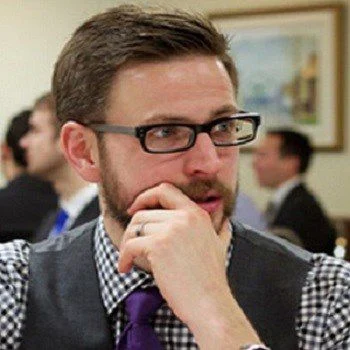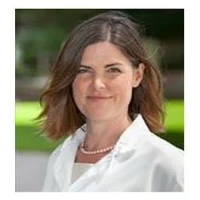Trauma is a fast-paced, demanding environment, and communication is key to ensuring everyone understands their roles and responsibilities. As a new study suggests, doctors and other members of trauma resuscitation teams should map out mental blueprints — much like how athletes mentally visualise races long before lacing up — and then communicate their strategy to all team members involved in caring for patients.
Mental practice also helps to minimise stress during challenging situations, and helps to ensure trauma teams (which can include up to 12 people) work cohesively, according to the study published online in the Canadian Journal of Emergency Medicine.
Everyone on the trauma care team needs to be on the same page, long before patients even enter hospitals, according to lead author Dr. Chris Hicks, an emergency physician and trauma team leader at St. Michael's Hospital in Toronto. Dr. Hicks says he believes this is the first study to demonstrate the positive effect of mental mapping on trauma teams.
"Mental practice appears to help establish common team goals, set priorities and maintain situation awareness in advance so teams can be prepared for even the most complex and challenging trauma resuscitation," Dr. Hicks notes. "We're borrowing principles from performance athletes, musicians and even the military, to help guide clinicians during high-stress, challenging situations."
Seventy-eight residents took part in the study. Teams of two participants (one from anaesthesiology, and the other from either emergency or general surgery medicine) were then split into two larger groups. One became the control group, and received technical trauma training. The other group participated in 20 minutes of quiet mental rehearsal.
In addition, group members were instructed to visualise a trauma scenario and how they would behave and function in a team while reviewing a provided script that contained guiding questions. Participants were free to discuss the script with team members. Both groups then participated in a simulation that mimicked a real-life adult trauma situation.
Study results indicated that 20 minutes of mental practice translated to enhanced team behaviour, including improved communication.
"We know that the most consequential mistakes in medicine are not technical or procedural, but non-technical in nature — errors in communication, leadership, role clarity, resource utilisation," explains Dr. Hicks. "Mental practice improves team-based skills and performance, and can improve patient safety and reduce important medical errors."
St. Michael’s Hospital, founded in 1892, is fully affiliated with the University of Toronto. Critical care and trauma are among the hospital’s recognised areas of expertise.
Source and image credit: St. Michael's Hospital
Mental practice also helps to minimise stress during challenging situations, and helps to ensure trauma teams (which can include up to 12 people) work cohesively, according to the study published online in the Canadian Journal of Emergency Medicine.
Everyone on the trauma care team needs to be on the same page, long before patients even enter hospitals, according to lead author Dr. Chris Hicks, an emergency physician and trauma team leader at St. Michael's Hospital in Toronto. Dr. Hicks says he believes this is the first study to demonstrate the positive effect of mental mapping on trauma teams.
"Mental practice appears to help establish common team goals, set priorities and maintain situation awareness in advance so teams can be prepared for even the most complex and challenging trauma resuscitation," Dr. Hicks notes. "We're borrowing principles from performance athletes, musicians and even the military, to help guide clinicians during high-stress, challenging situations."
Seventy-eight residents took part in the study. Teams of two participants (one from anaesthesiology, and the other from either emergency or general surgery medicine) were then split into two larger groups. One became the control group, and received technical trauma training. The other group participated in 20 minutes of quiet mental rehearsal.
In addition, group members were instructed to visualise a trauma scenario and how they would behave and function in a team while reviewing a provided script that contained guiding questions. Participants were free to discuss the script with team members. Both groups then participated in a simulation that mimicked a real-life adult trauma situation.
Study results indicated that 20 minutes of mental practice translated to enhanced team behaviour, including improved communication.
"We know that the most consequential mistakes in medicine are not technical or procedural, but non-technical in nature — errors in communication, leadership, role clarity, resource utilisation," explains Dr. Hicks. "Mental practice improves team-based skills and performance, and can improve patient safety and reduce important medical errors."
St. Michael’s Hospital, founded in 1892, is fully affiliated with the University of Toronto. Critical care and trauma are among the hospital’s recognised areas of expertise.
Source and image credit: St. Michael's Hospital
References:
Hicks CM, Hayter MA et al.(2015) Mental practice: a simple tool to enhance team-based trauma resuscitation. Canadian Journal of Emergency
Medicine, April 2015 DOI: 10.1017/cem.2015.4
Latest Articles
Communication, trauma, resuscitation, Critical Care, mental mapping, mental practice
Trauma is a fast-paced, demanding environment, and communication is key to ensuring everyone understands their roles and responsibilities. As a new study s...










